WTO wants India to remove export subsidies that can impact world trade
Updated: Mar 26, 2014 02:01:06pm
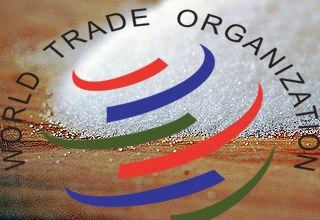
The committee whose major responsibility is to oversee the present Agriculture Agreement and members’ commitments in agriculture met on March-21, when India’s new support programme for sugar sparked comments and queries among a number of delegations.
According to official data, the largest number of comments from delegations was on India’s sugar programme, as also its domestic support for rice and wheat and its food security programme.
“Australia, Colombia, Brazil and the EU asked India about a new policy announced in February involving incentive payments to Indian sugar exporters. Along with the facts and figures they sought, some of them asked what the legal basis under the WTO was for the export subsidies. Several pointed out that India has agreed not to subsidize exports,” official data said.
In response, India said the policy is designed to encourage diversification away from white sugar to raw sugar and that no intervention payments have been paid yet. Further, it said export subsidies will be notified to the WTO.
Meanwhile, “Australia said the 3,300 rupees per tonne incentive payment is the equivalent of 14–16 per cent of the world price. Since India is the third largest exporter of sugar this threatens to seriously distort trade, Australia said and it asked India to remove export subsidies immediately. It said that the amount envisaged could potentially finance all its own exports half way across the Pacific Ocean,” it said.
The Agriculture Agreement allowed developing countries to subsidize marketing costs and internal transportation costs during the agreement’s “implementation period.”
On the other hand, Brazil asked how India could justify the subsidies since there has been no consensus to extend these special provisions for developing countries.
Previously, in response to similar questions raised in the past, India argued that developing countries are still allowed to use the special provision because the 2005 Hong Kong Ministerial Declaration says, “developing country Members will continue to benefit from the provisions of Article 9.4 of the Agreement on Agriculture for five years after the end-date for elimination of all forms of export subsidies” — and export subsidies still have not yet been eliminated.
Other countries which shared these concerns were Paraguay, Thailand, El Salvador, Canada, the US, Pakistan and New Zealand.
The committee members also questioned India about details of its support programmes for rice and wheat and its stockholding programme for food security. Some asked when India is going to circulate more up-to-date information on its domestic support — the most recent notification is for the 2003/04 year.
India said the notifications are being prepared.
One of the key responsibilities of the “regular” Agriculture Committee, which consists of all 159 WTO members, is to see how countries are complying with their commitments on subsidies and market access and to discuss issues that arise. It monitors whether members are keeping the promises they have made in the WTO. (KNN/ES)

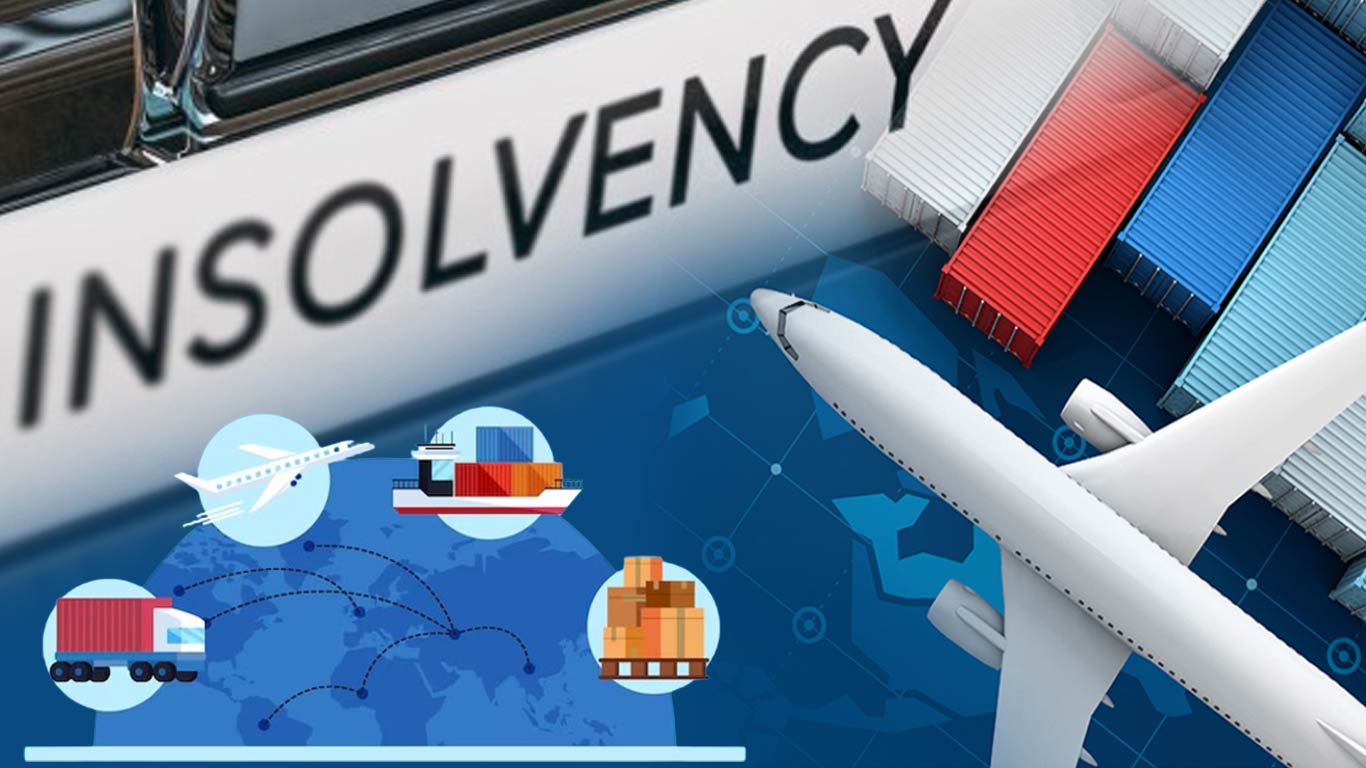
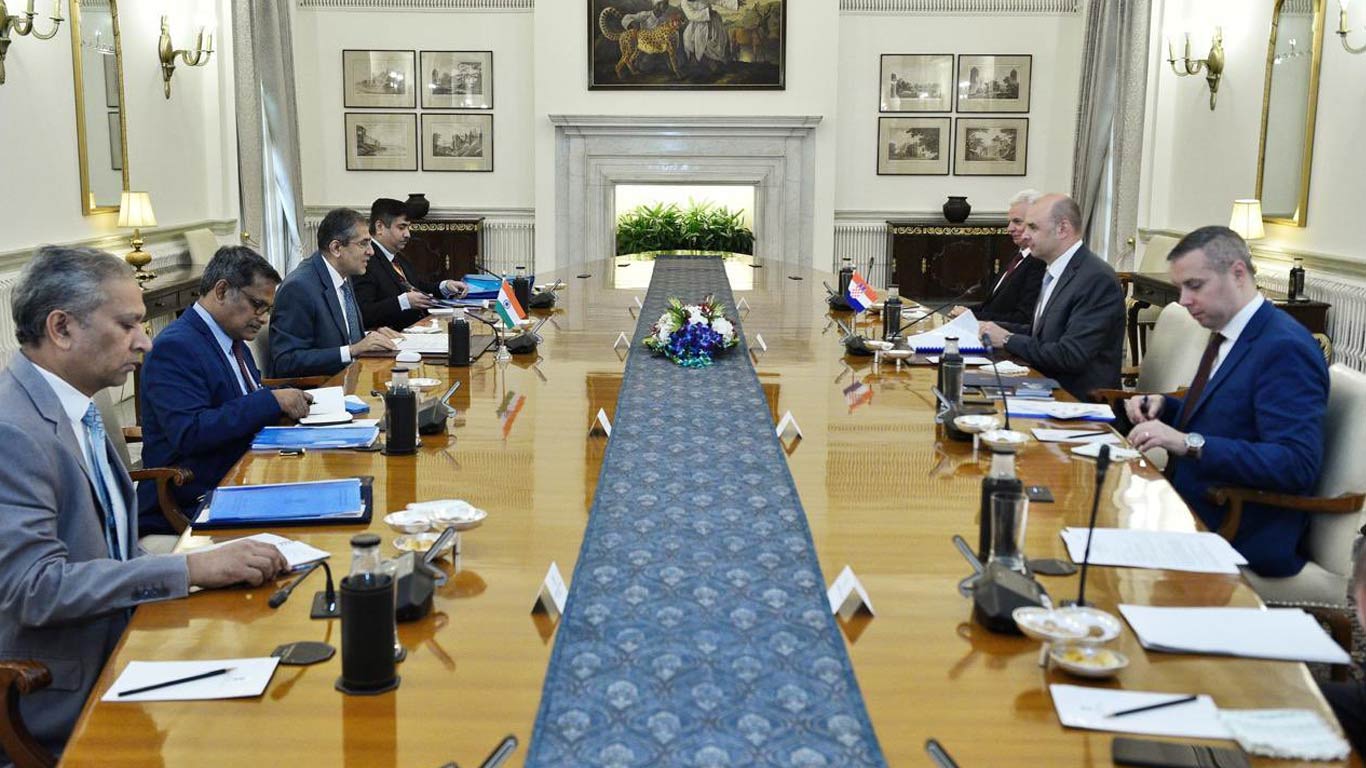

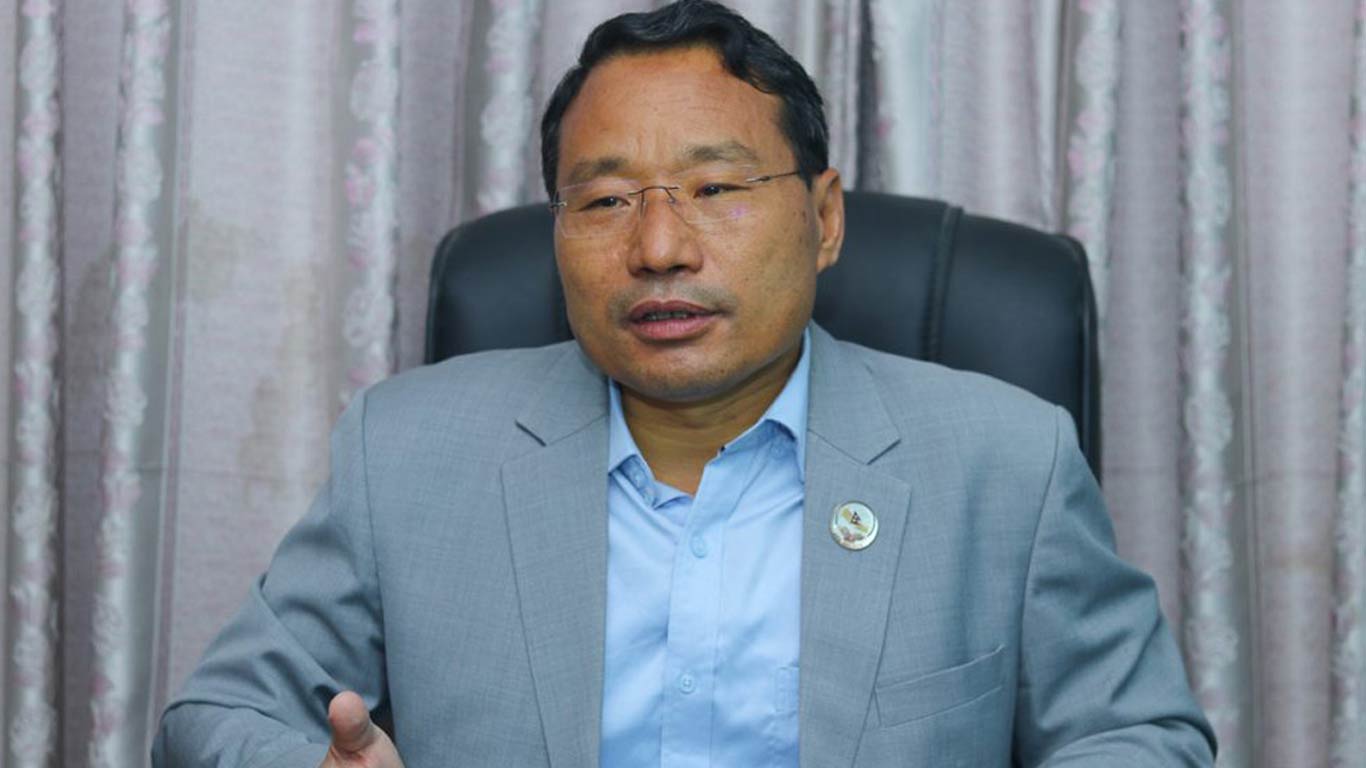
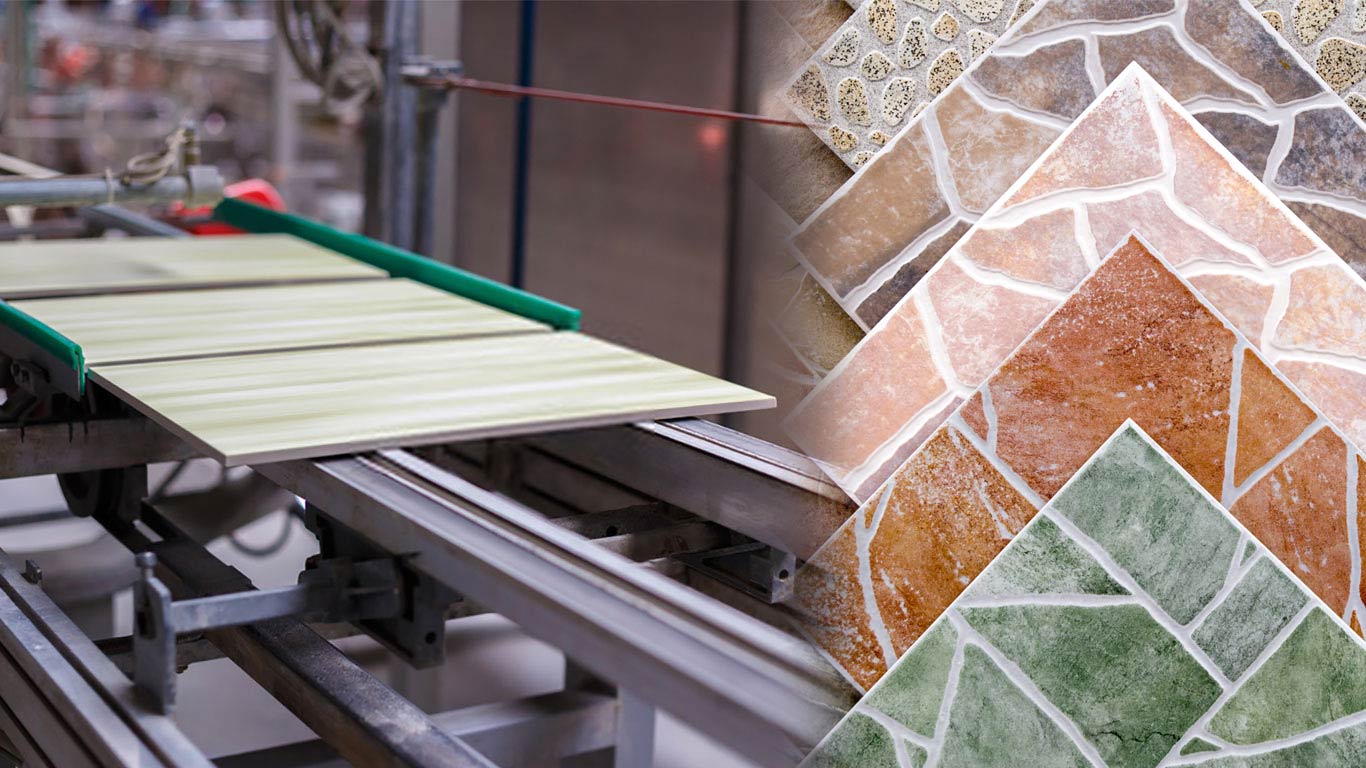





